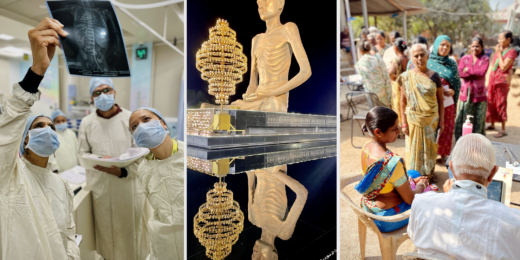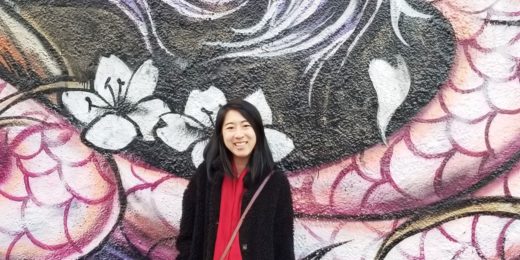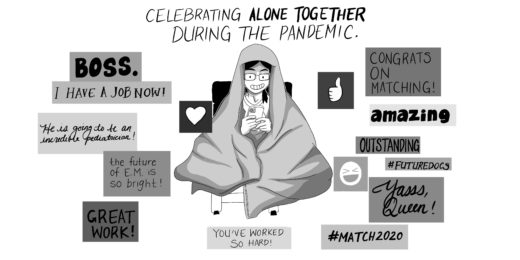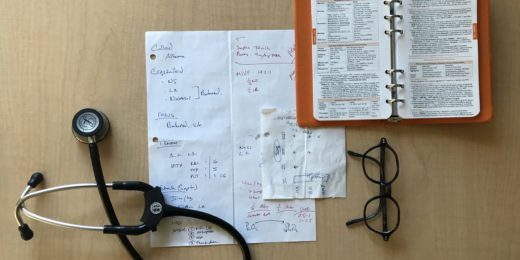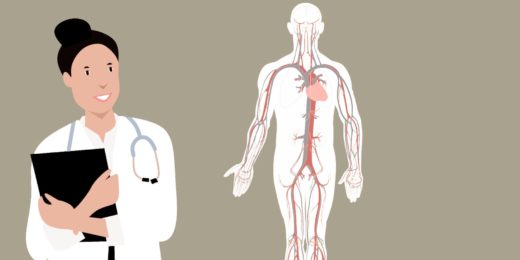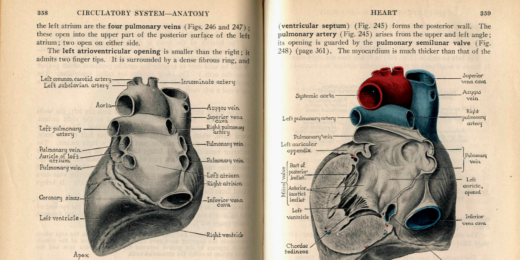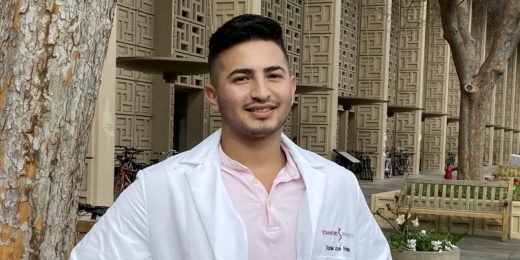The goal of a decade-old program started by Stanford Medicine's Nilima Ragavan is to foster the sharing of lessons and evidence-based best practices between clinicians in the U.S. and India.
Category: Primary Care
Are long COVID sufferers falling through the cracks?
Researchers who study long COVID say its debilitating symptoms are often misdiagnosed by clinicians and dismissed by employers or loved ones because so little is known about the new syndrome.
Large language models in the clinic: AI enters the physician-patient mix
Stanford Medicine doctors and researchers are modifying existing chatbots to perform well in a frontier of AI-enhanced medicine: the doctor-patient interaction.
Research explores liability risk of using AI tools in patient care
As the health care industry grapples with the best way to use artificial intelligence technologies to improve care, many clinicians may wonder what happens if patients are harmed, and who should be held liable.
AI, medicine and race: Why ending ‘structural racism’ in health care now is crucial
Health care providers must reckon with inherent race-based biases in medicine, which can reinforce false stereotypes in algorithms and lead to improper treatment recommendations or late diagnoses.
Circadian rhythms affect Olympic swim performance, study finds
Olympic swimmers race about 0.39 seconds faster in the evening than in the morning, and as insignificant as that fraction of a second may seem, …
Writing a Chinese-American ‘Ocean’s 11’ between medical school classes
In the Spotlight: A daughter of Chinese immigrants, Stanford medical student Grace Li writes fiction about the Asian-American experience.
We celebrated virtual Match Day apart, but together
Due to COVID-19, Stanford medical student Yoo Jung Kim celebrated an alternate Match Day with classmates (virtually) and family (in-person).
A daughter of farmworkers, Stanford physician assistant student plans to care for the underserved
In the Spotlight: Yadira Castañeda, a Stanford physician assistant student, discusses her goal to care for people like her parents, immigrant farmworkers.
Why being a programmer will make me a better doctor
Stanford MD-PhD student Tim Keyes finds that the problem-solving approach he uses when coding also serves him well in a clinical setting.
Lessons about medicine and mortality from a pathology class
"It matters to me, when holding a specimen or discussing a patient, that I not lose sight of the story and life behind the disease," writes Stanford medical student Lauren Joseph.
On scraps of paper, in the middle of the night: Interns and residents teach valuable lessons
No matter how busy they are, Stanford interns and residents often stop for teachable moments, and medical students are grateful, writes Orly Farber.
Med school was overwhelming. Now, thanks to my patients, I’m starting to feel competent.
In this Stanford Medicine Unplugged article, fourth-year medical student Yoo Jung Kim credits her patients for helping her master medicine.
Medical code switch: Learning the language of physicians
Medical terminology standardizes the language physicians use, but it can created distance with patients, writes Stanford medical student Tasnim Ahmed.
His grandfather cleaned Stanford labs. Now he’s pursuing his doctorate here.
In the Spotlight: Daniel José Navarrete is living his dream of becoming a scientist in the same Stanford labs where his grandfather worked as a janitor.
A medical student’s reading list
Former and current Stanford medical students recommends several nonfiction books — as well as authors —that present science through a humanistic lens.


